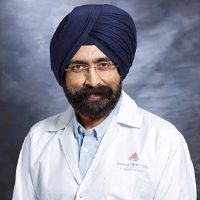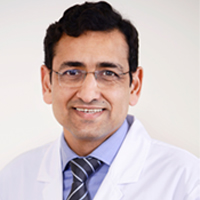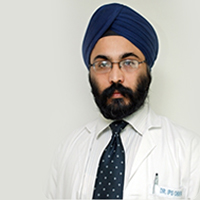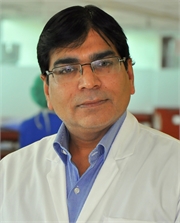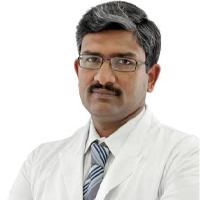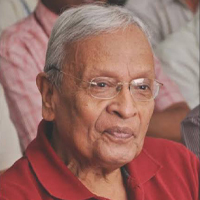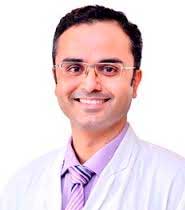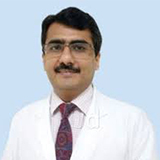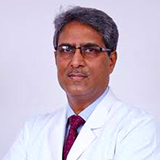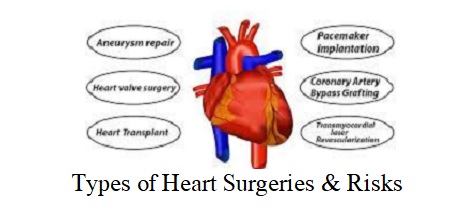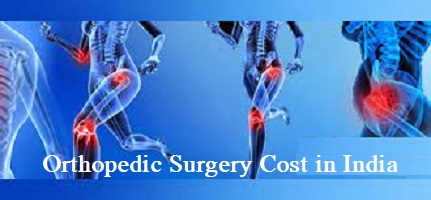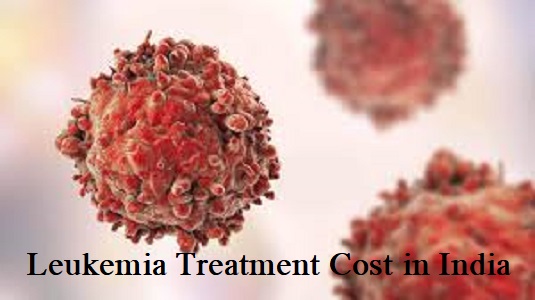Orthopedics focuses on the complex treatment of the musculoskeletal system, which includes bones, muscles, joints, tendons, ligaments, and nerves. Orthopedists are classified into two types: surgical orthopedic surgeons and nonsurgical physiatrists. They partner with a comprehensive treatment team that may include physician assistants, nurse practitioners, and therapists.
Orthopedic problems affect many body parts, such as the ankle, foot, hand, wrist, shoulder, knee, elbow, and spine. Common diagnoses include arthritis, bursitis, fractures, and tendon problems.Orthopedic treatments, both surgical and non-surgical, attempt to improve patients’ quality of life. Orthopedics enables people to overcome accidents, manage chronic illnesses, and improve musculoskeletal health.
What are the common Orthopedic problems?
Some common orthopedic problems are:
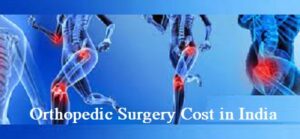
- Osteoarthritis: It is a degenerative joint illness that causes reduced mobility, stiffness, discomfort, and swelling.
- Paget disease: It is caused by abnormal bone development and regeneration, which can lead to deformed bones and chronic diseases.
- Bursitis: It is inflammation of the bursa, which causes discomfort, swelling, and, if not treated, muscular atrophy.
- Fractures: They are total or partial bone fractures that cause severe discomfort and often require orthopedic intervention to fix them.
- Tendon and Ligament Injuries: Tears or injuries to tendons and ligaments cause joint instability and discomfort.
- Arthritis: Joint inflammation, including rheumatoid arthritis and osteoarthritis, which causes pain and impaired joint function.
- Spinal disorders: They include herniated discs, scoliosis, and spinal stenosis, which impact the vertebrae, nerves, and general spine health.
- Rotator cuff tears: They are common in the shoulder and can cause discomfort, weakness, and a limited range of motion.
- Carpal Tunnel Syndrome: Compression of the median nerve in the wrist, causing pain, tingling, and numbness in the hand and fingers.
- Tendonitis: It is an inflammation of the tendons that is commonly caused by overuse or repeated motions, resulting in discomfort and decreased motion.
What is the diagnosis for orthopedic treatment in India?
The diagnostic process for orthopedic treatment in India involves:
- Patient History: A detailed explanation of symptoms, medical history, and overall health.
- Physical Examination: A complete examination of the musculoskeletal system to detect any signs of injury or abnormality.
- Review of Medical Records: Examining existing medical records to learn more about the patient’s health.
- Imaging procedures:
- X-rays: They produce detailed pictures of bones and joints.
- CT Scan (Computed Tomography): It provides cross-sectional images for additional research.
- MRI Scan (Magnetic Resonance Imaging): It shows soft tissues, ligaments, and tendons.
- Bone scan: It detects abnormalities in bone metabolism or blood flow.
- Ultrasound: It is a sound-wave-based examination of soft tissues.
- Additional diagnostic tests:
- Nerve Conduction Studies: They evaluate nerve function and find problems.
- Blood tests: They can reveal information about inflammation, infections, and other chronic illnesses.
What are the different orthopedic treatments in India?
Orthopedic treatments in India include a wide range of interventions, from nonsurgical to complex surgical operations. Nonsurgical treatment, often known as conservative approaches, is often the priority, addressing a variety of musculoskeletal disorders without resorting to surgery. These may include specific exercises, mobilization treatments such as braces or casts, pain relief and inflammatory drugs, and lifestyle changes to minimize injury recurrence.
Surgical procedures display the expertise of Indian orthopedic doctors. Some significant procedures include:
- Total Joint Replacement (TJR): It is a popular elective operation that replaces damaged joint surfaces with prostheses. This surgery, which is commonly used for hips and knees, seeks to restore normal joint function, resulting in reduction and increased mobility.
- Arthroscopic surgery: A minimally invasive method that uses an arthroscope, enabling orthopedic surgeons to detect and treat joint disorders, especially in the knee and shoulder. This strategy reduces incisions and allows for faster healing periods.
- Fracture Repair Surgery: This procedure is recommended for severe fractures, and uses implants such as rods, plates, screws, or wires to restore the natural architecture of broken bones. After surgery, rehabilitation focuses on recovering muscular strength and joint flexibility.
- Bone Grafting Surgery: When the body is unable to manufacture enough new bone, orthopedic surgeons conduct bone grafting to stimulate bone regeneration. This can include using bone from the patient or a donor, synthetic options, or biological parts.
- Spinal Fusion: Spinal fusion surgery consists of joining vertebrae for easier healing and stability. It is used to treat problems including scoliosis and spinal injury.
- Other Orthopedic Surgeries: This category includes a variety of treatments, including amputation, bunionectomy, hammer toe repair, cartilage repair, ligament reconstructions, and joint fusion surgery, each customized to a unique orthopedic problem.
What is the cost of orthopedic treatment in India?
The cost of orthopedic surgery in India ranges between $2,720 and $5,560, with an average of $4,070. This affordability originates from the aforementioned range and promotes India as an appealing location for comprehensive musculoskeletal healthcare. The country’s renowned hospitals and skilled orthopedic surgeons provide affordable options without compromising quality. Individuals seeking orthopedic treatments will find that India strikes a good mix between price and quality healthcare.
What is the success rate of orthopedic treatment in India?
India has an impressive 90% success rate for orthopedic surgery, as seen by significant improvements in knee replacement surgery and treatments. Over 90% of knee replacement procedures in India are reported as successful. This high success rate reflects the ability of Indian orthopedic surgeons and the efficacy of hospitals in producing beneficial results. The high success rates reflect India’s reputation as a top provider of effective and reliable orthopedic care.
Al Afiya Medi Tour is a leading healthcare and medical tourism company in India. We are offering medical tours from all other countries to India. Some of our medical tourism services include personal care, finding the right doctor, the right hospital, and personal cost estimation for medical treatment in India for foreign patients. Patients come to India for medical treatment from Bangladesh, Yemen, Iraq, Malawi, Sudan, Zambia, Namibia, Kenya, Egypt, Nigeria, and many more. If you are searching for the best medical tourism company then Al Afiya Medi Tour is one of the best options for you. We help you in finding the best hospital and top doctor for any type of medical treatment in India. We assist in bone marrow transplant, lung transplant, kidney transplant, skin cancer treatment, liver transplant, stomach cancer treatment, brain tumor surgery, TURP surgery, heart transplant, blood cancer treatment, ASD surgery, plastic surgery, VSD surgery, organ transplant, urology treatment, ovarian cancer treatment, skin cancer, breast cancer surgery, knee surgery, shoulder replacement surgery, organ transplant, hip replacement surgery, liver cancer, cancer treatment, cancer hospital in India, etc. at affordable cost in India. If you are searching for free medical and healthcare Indian doctor online consultation to find the best hospitals and top doctors and surgeons in India for any treatment then contact us- or book an Indian Doctor Appointment Online.

